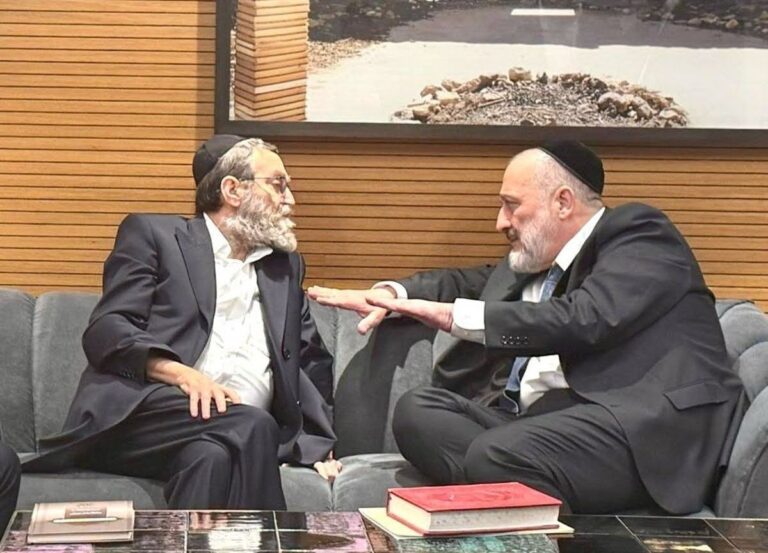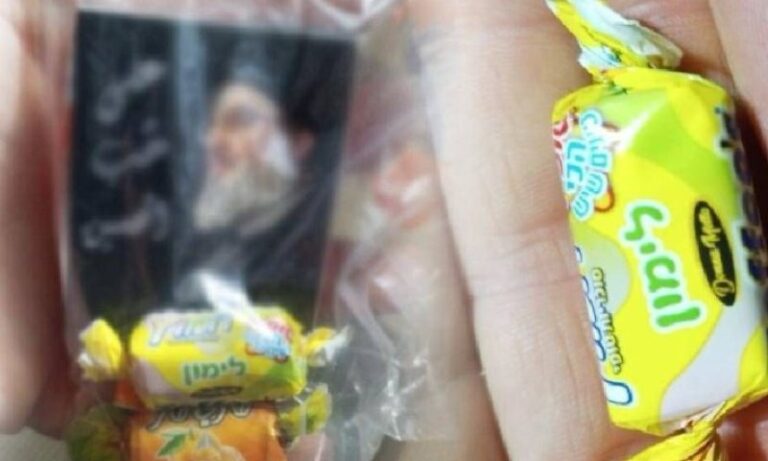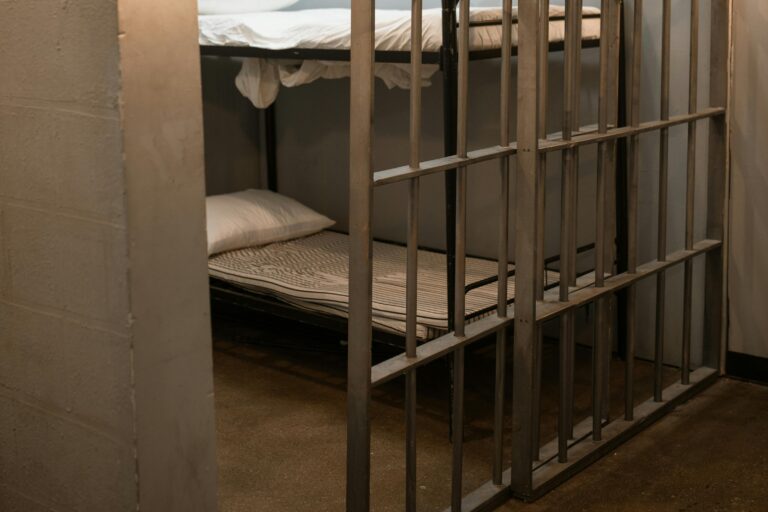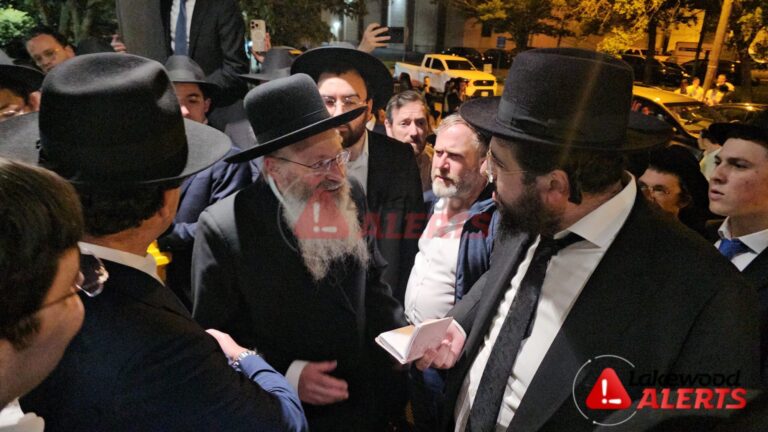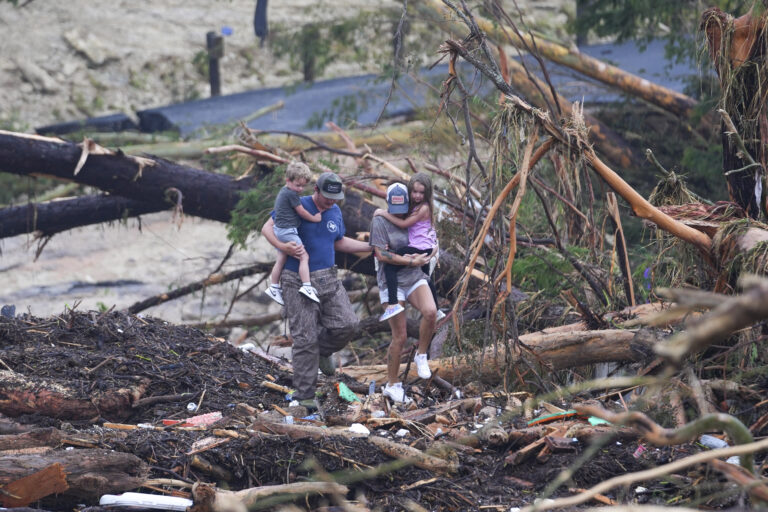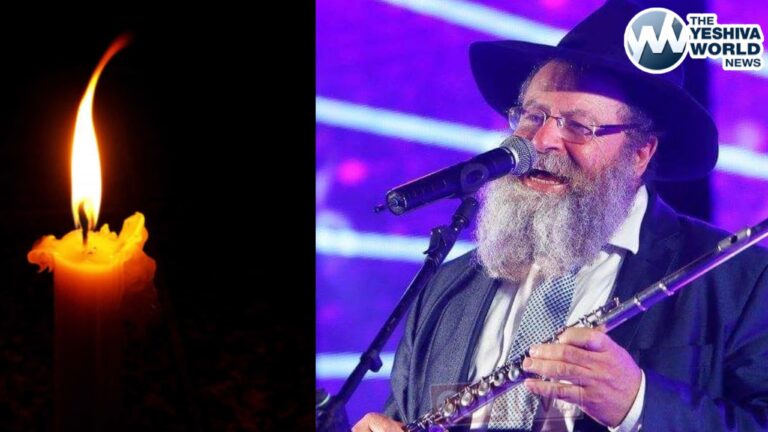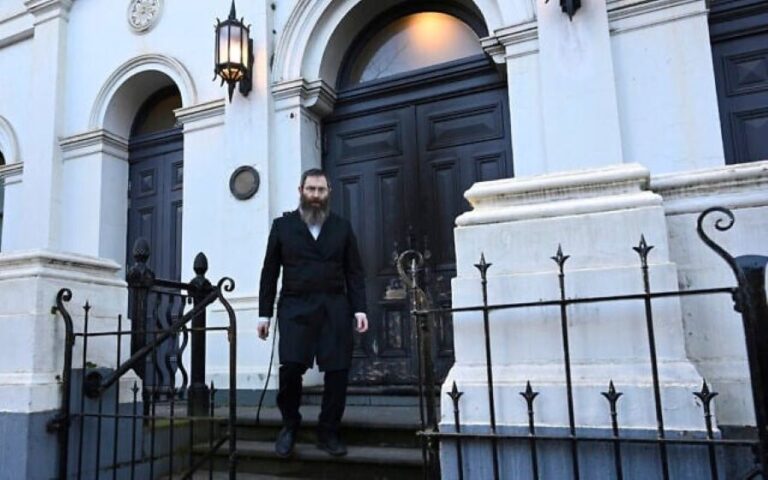Throughout the night of the Seder there are many customs that we observe that seem to be out of the norm. We try to do things differently in an attempt to make our children ask questions. The gemara asks why we do these seemingly ‘odd’ customs and answers, ‘in order that the children should ask’. However, the gemara seems to omit the proper response that we are supposed to give them as an answer. The gemara seems content with the fact that we should do things differently, yet answers vaguely. Why doesn’t the gemara tell us what to answer?
Additionally, when one analyzes the chiyuv to talk about our exodus from Mitzrayim, it isn’t limited to the time when klal Yisroel was there. The Mishna in pesachim states that we are to ‘begin with the negative times and conclude with the praises of Hashem.’ We begin with Terach and the pre Avraham era. Then, we move forward to the times of Avraham, Yitzchok, and all the way down toYaakov, etc. But we fail to mention anything regarding the story of how the brothers went about selling Yosef. Isn’t that odd? That was essentially the beginning of the entire saga-of how we first got to Mitzrayim. Why then, don’t we even remark about this important element of our history?
There are Rishonim who say that from the very fact that on the night of the Seder we dip, that is meant to symbolize and remind us that the brothers dipped the clothing of Yosef in blood. We can say that the Baal hagada was sensitive to the kovod of the brothers and he chose to omit it; but we do correspond to it through the dipping that we perform throughout the seder.
However, we can delve into this concept a bit deeper. The brothers observed Yaakov’s favoritism towards Yosef and they had a hard time understanding it. When someone doesn’t understand a scenario, there are usually two options. They can either take matters into their own hands or they can approach the person and ask him to explain. The brothers chose the former and dipped the coat in blood; they took matters into their own hand.
Says my Rosh Hayeshiva, HaRav Chaim Zev Levitan, shlit”a, comes the night of the Seder and we dip Karpas into salt water. We deliberately do so in order that our children will ask us what we are doing. We try to fix and repair what the brothers erred in. We want the child to ask and we want to create an environment that will allow the children to ask. We want to put the children in a situation where they’re not afraid to ask their father. We have nothing to hide; we have answers for everything. All they need to do is ask. We want to teach our children to be comfortable to ask us anything, whatever it is.
Children are very keen observers. A child is not going to ask his father a question if he sees his father has no interest in it. If a child observes his father is interested in something, then, if he has questions he will ask. But it all starts with us. The key is to show our children that we are interested. If we want our children to ask they have to sense that we care and that it means something to us. The second step is to create an environment that they’re comfortable in to ask. But again, it all starts with us. If we do it as a burden, showing a lack of interest, they’ll think we have no answers because we don’t show we care about it; they may refrain from asking. But if they see us interested we create an atmosphere that’s conducive for children to ask, in order to understand.
The Chofetz Chaim once went into a mikvah to bathe. As he was about to enter he looks over at the ‘gabbai’ of the mikvah and he asks him if the water was hot. The fellow answered, ‘yes.’ The Chofetz Chaim proceeded to dip his foot in just to be certain. As he does so he quickly pulls it back and tells the gabbai that the water was cold. The gabbai answered him and said, ‘I just filled it up from urn.’ The Chofetz Chaim walks over to the urn and sees that it was unplugged. He then put his hand on the urn and felt that it was cold. He looks at this gabbai and says: ‘Az de tatte is kalt vee kennin de kinderlach zayn varm.’ (If the father is cold how can you expect the children to be warm).
Wishing all my readers and all of klal Yisroel, a happy & Healthy YomTov.
חג כשר ושמח


